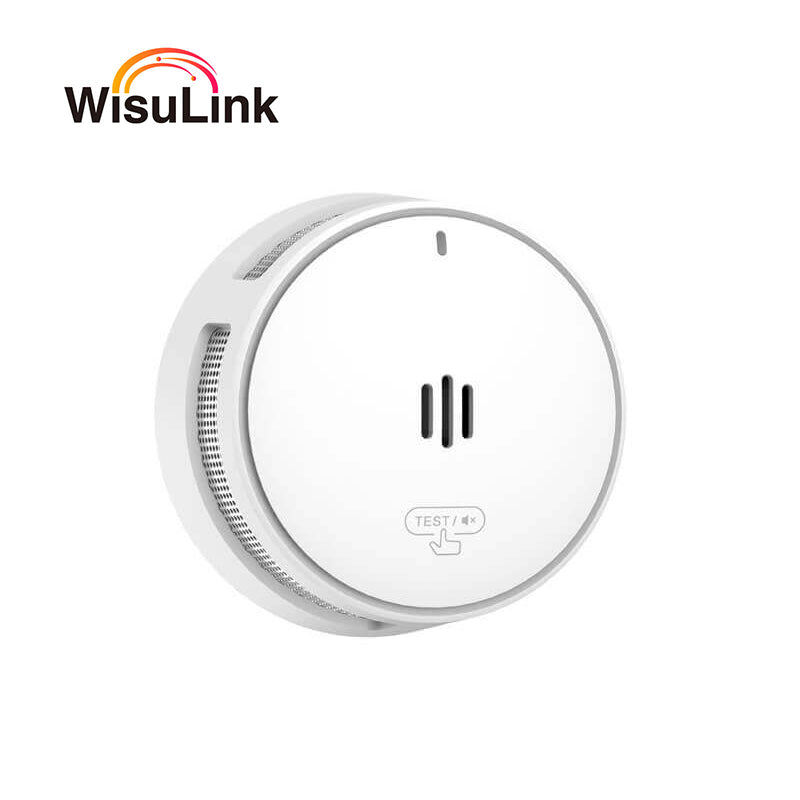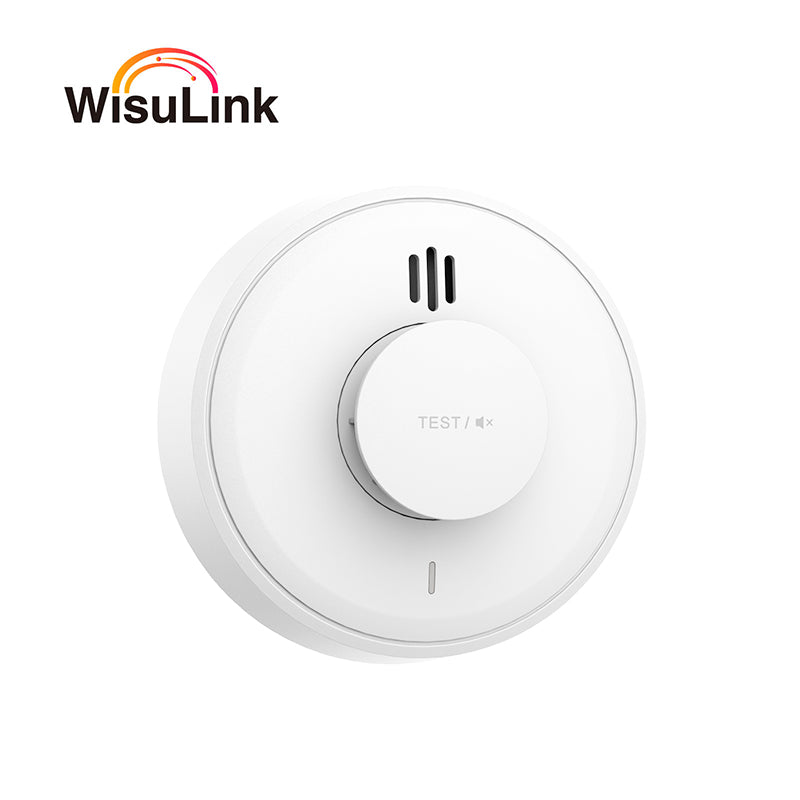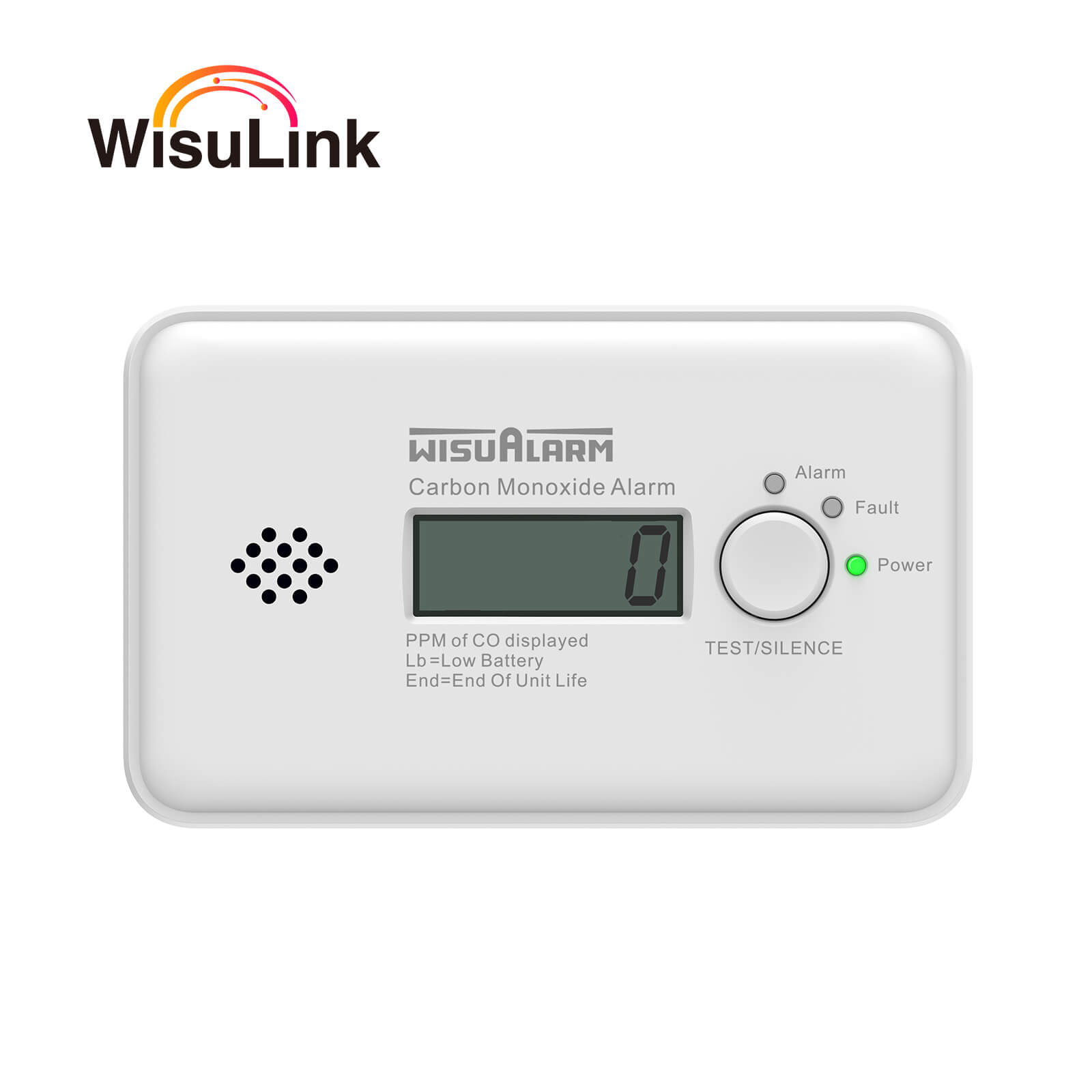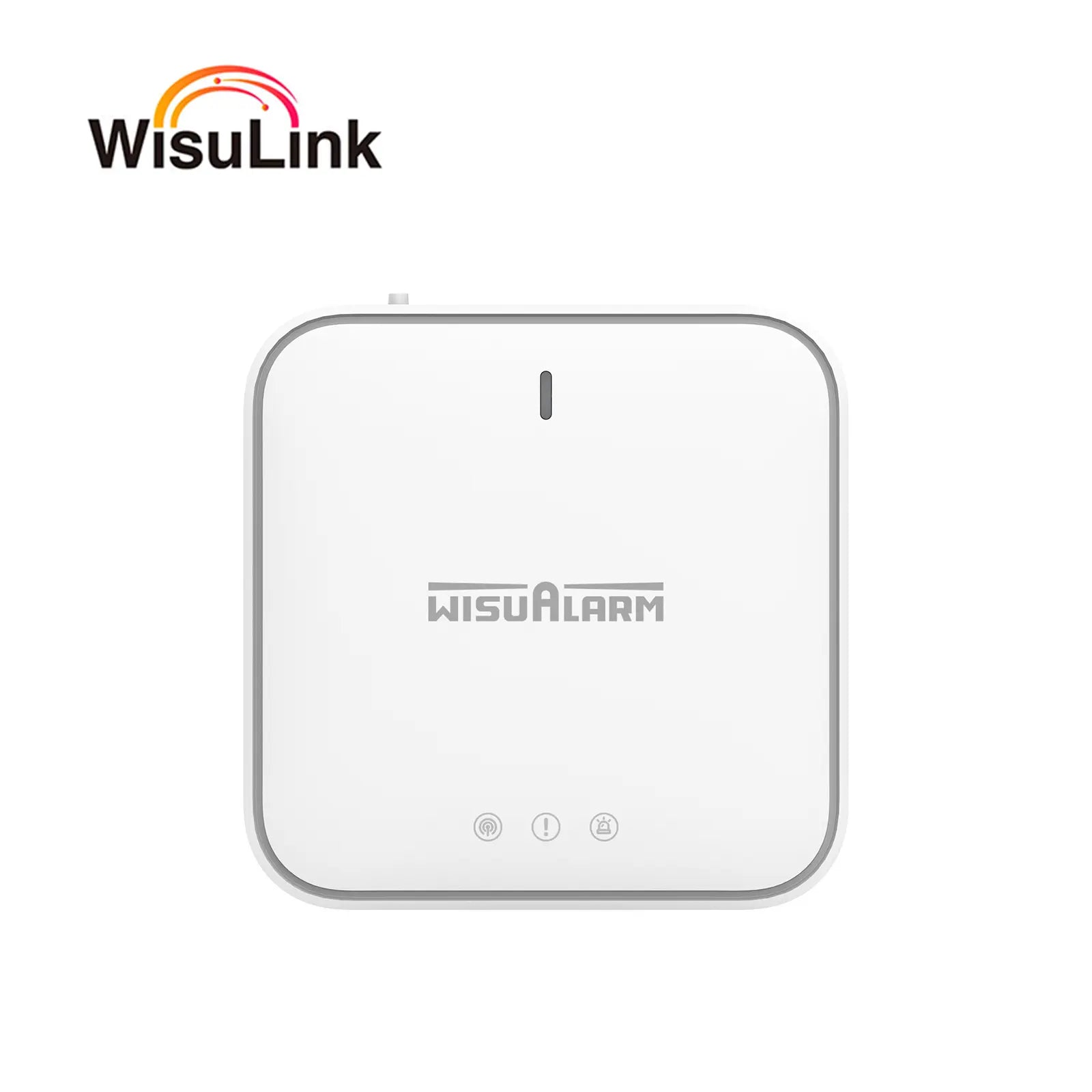Why Interlinked Smoke Alarms are the New Standard in Germany
Germany has long been a global leader in engineering, precision, and safety standards. From the stringent requirements of the TÜV to the high benchmarks set by VdS (Verband der Sachversicherer), the German market does not settle for "good enough." This philosophy is nowhere more evident than in the country’s approach to the Rauchwarnmelderpflicht (mandatory smoke alarm laws). While the law has successfully ensured that almost every household is equipped with smoke detectors, a new technological shift is occurring. Homeowners, property developers, and safety experts are moving away from stand-alone units toward Interlinked Smoke Detectors (Funkvernetzte Rauchwarnmelder). In this comprehensive guide, we will analyze why interlinking is no longer a luxury but a necessity for the modern German home, the technical...


















































































